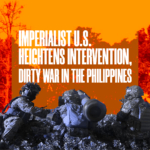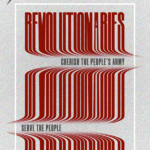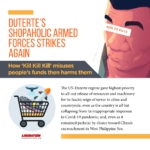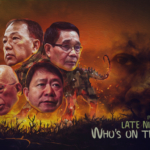E-CLIP Briefer: it’s all about money, money
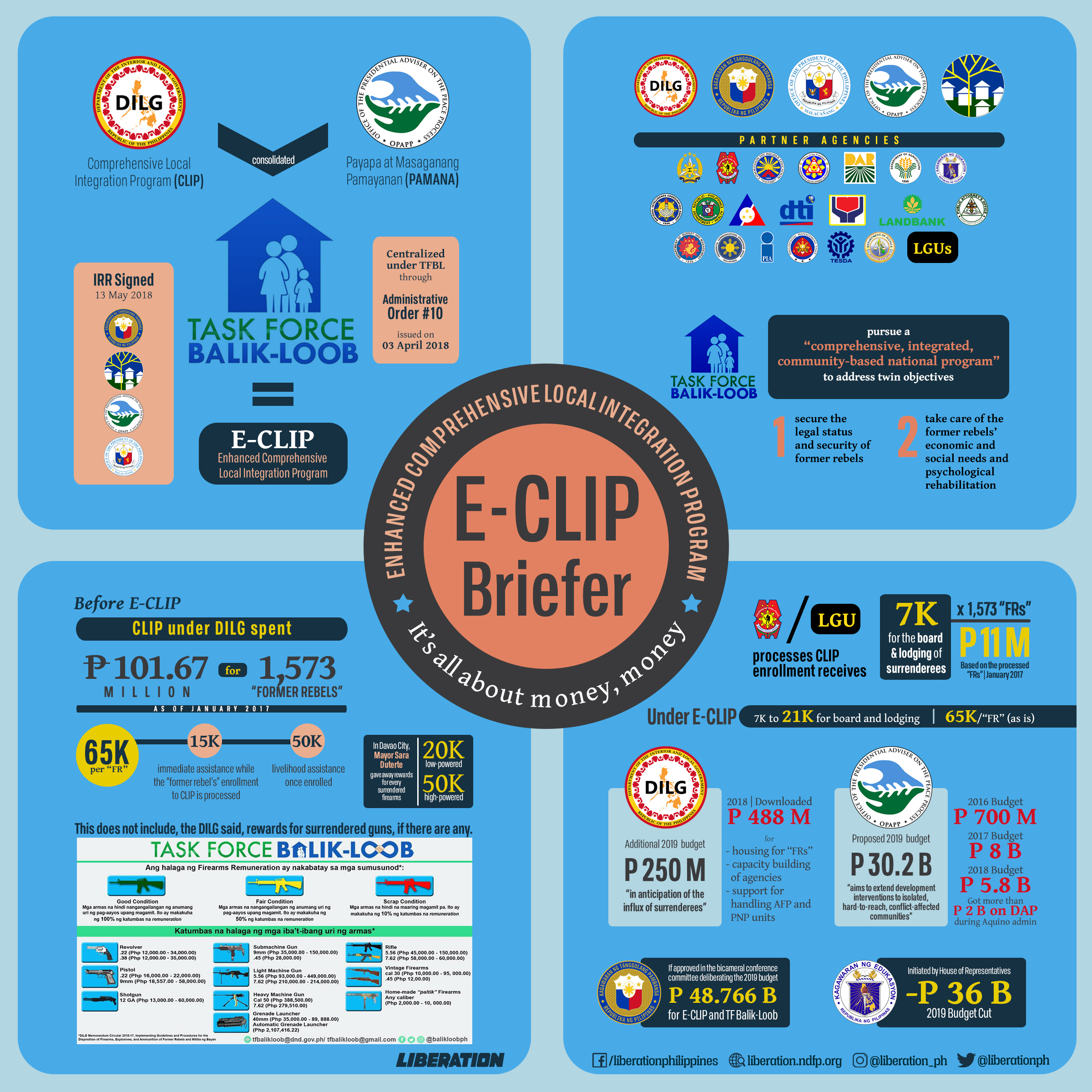
The Enhanced Comprehensive Local Integration Program (E-CLIP) took off from the Comprehensive Local and Integration Program (CLIP) of the Department of Interior and Local Governments (DILG) and the PAMANA (Payapa at Masaganang Pamayanan-Peaceful and Resilient communities) program of the Office of the Presidential Adviser on the Peace Process (OPAPP). The two programs were centralized under the Task Force Balik Loob, through Administrative Order 10 issued on April 3, 2018 by President Duterte. The consolidated program was renamed (how else?) E-CLIP.
On May 31, 2018, the Defense Department released a seven-paged Implementing Rules and Regulation (IRR). It was jointly signed by DND chief Delfin Lorenzana, National Housing Authority (NHA) General Manager Marcelino Escalada Jr., then OPAPP head Jesus Dureza, and retired police general Nelson Estarez of Office of the President (OP).
Heading the Task Force Balik-Loob is DND Undersecretary Reynaldo Mapagu. Aside from the DND, among the lead agencies are the DILG, OPAPP, OP, and the NHA, with the rest of the Executive departments as members.
The Task Force claims it shall pursue a “comprehensive, integrated, community-based national program” that will be implemented in the local areas to address twin objectives: secure the legal status and security of former rebels; and take care of the former rebels’ economic and social needs and psychological rehabilitation.
These objectives, according to the IRR, shall be carried out through the CLIP and PAMANA programs. E-CLIP committees shall be organized in the provinces and highly urbanized cities.
Before the two programs were integrated, the CLIP under the DILG claimed to have spent Php 101.67 million as of January 2017 to assist 1,573 “former rebels” (or Php 65,000 per “rebel returnee”). The Php 65,000 is broken down into: Php 15,000 for immediate assistance while the “former rebel’s” enrollment to CLIP is processed, and Php 50,000 livelihood assistance once enrolled.
This does not include, the DILG said, rewards for surrendered guns, if there are any. In Davao City the president’s daughter, Mayor Sara Duterte, gave away an initial Php 20,000 and Php 50,000 for every low-powered firearm and high-powered firearm, respectively.
The Philippine National Police (PNP) unit or the local government unit that processes said enrollment receives Php 7,000 assistance, supposedly for the “board and lodging” of the “surrenderees”. Based on the 1,573 “former rebels” processed as of January 2017, at least some Php11 million of the budget went to the PNP and/or the local government unit.
Numbers don’t add up
Noticeably, under the Enhanced CLIP, the increase in the budget allocation went to the PNP and/or the local government unit handling the “rebel returnees’s” board and lodging. From Php 7,000, it was raised to Php 21,000 per police unit or LGU. The Php 65,000 budget per “surrenderee” remains the same.
In several news reports, DILG chief Gen. Eduardo Año boasted that in 2018 some Php 488 million have been downloaded nationwide to build halfway houses for the “rebel returnees”, to build the capacity of agencies involved in the program, and to support military and police units handling the “returnees”. The NHA was also said to have spent Php 450,000 for the construction of settlement houses of the “returnees”.
For 2019, Año said he would allocate another Php 250 million for the E-CLIP, “in anticipation of the “influx” of NPA members who presumably would want to surrender.
If approved in the bicameral conference committee deliberating the 2019 budget, the DND would get a separate allocation of Php 48.766 billion also for E-CLIP and the Task Force Balik-Loob.
For its part, the OPAPP has been seeking an increased budget for the PAMANA program since 2016: from Php 700 million in 2016 to Php 8 billion for 2017. And the Php 5.8-billion actual allocation in 2018 is planned to zoom to Php 30.216 billion for 2019.
The PAMANA project, according to the OPAPP website, “aims to extend development interventions to isolated, hard-to-reach, conflict-affected communities.” This would be done through road projects and delivery of social services that would be carried out by various government line agencies.
That the OPAPP had been involved in various corruption issues even during the time of Pres. Noynoy Aquino has recently been exposed. At that time, OPAPP got more than Php 2 billion from the corruption-reeking Disbursement Acceleration Program.
Presidential peace adviser Jesus Dureza resigned in November 2018 after President Duterte fired the OPPAP undersecretary for support services and PAMANA national program manager, Ronald Flores, and his assistant secretary for support services and PAMANA concerns, Yeshtern Baccay. Both officials were accused of corruption, and Dureza assumed command responsibility for their misdeeds.
Meanwhile, the Department of Education has raised concern that the Php 36-billion cut in its 2019 budget, initiated by the House of Representatives, would affect its scholarship programs, including those offered to the children of “rebel returnees”. While the government kept drumbeating state support and services for the “surrenderees” in 2018, the scholarship program was not implemented simply because there was no budgetary allocation.
Indeed, the campaign to lure rebels “into the fold of the law” and the mock “influx” of alleged surrenderees are designed to fatten the bureaucrats’ pocket. What gives away the money-making scheme is this: the government’s actual spending and the reported number of “surrenderees” don’t add up.


